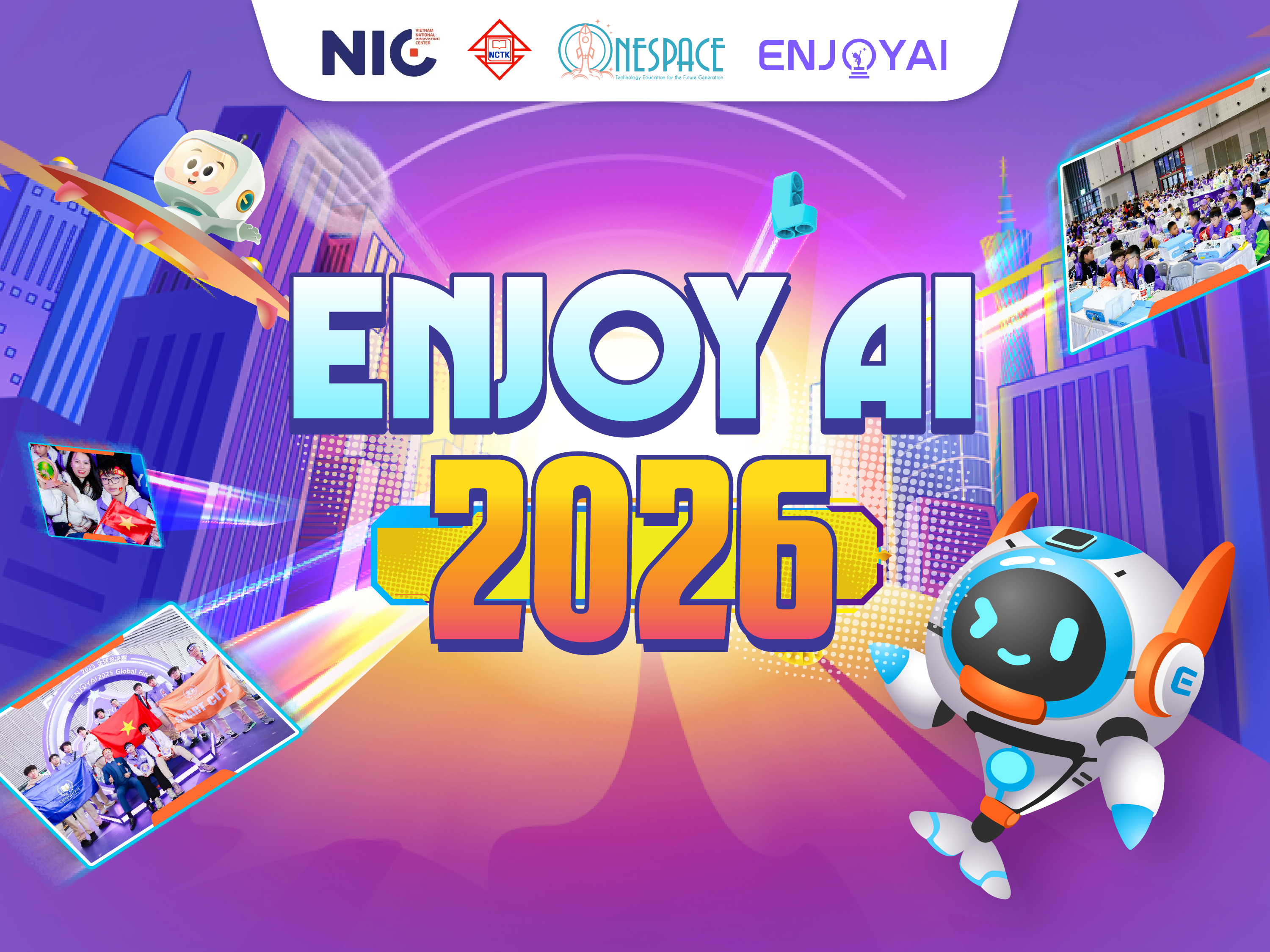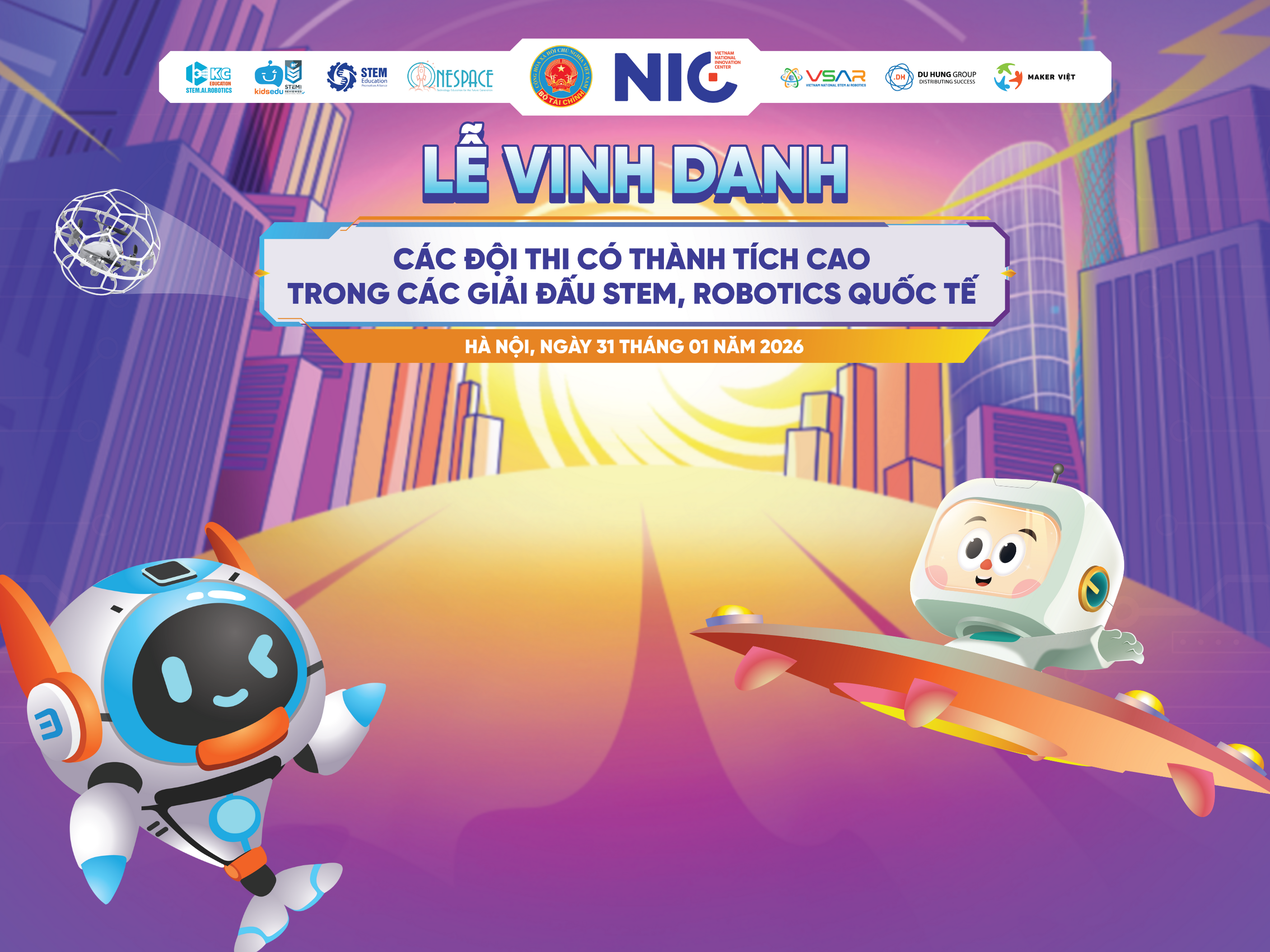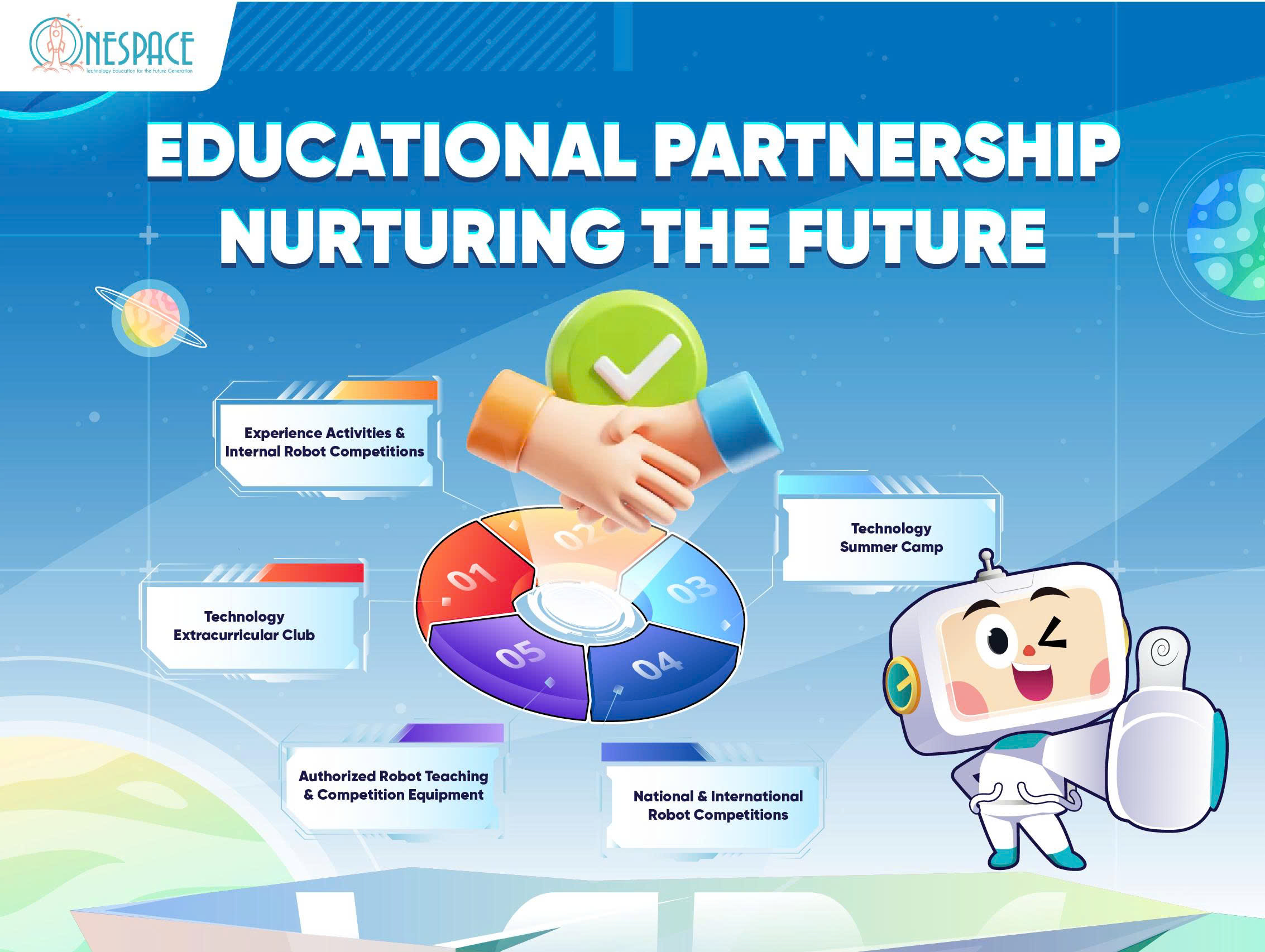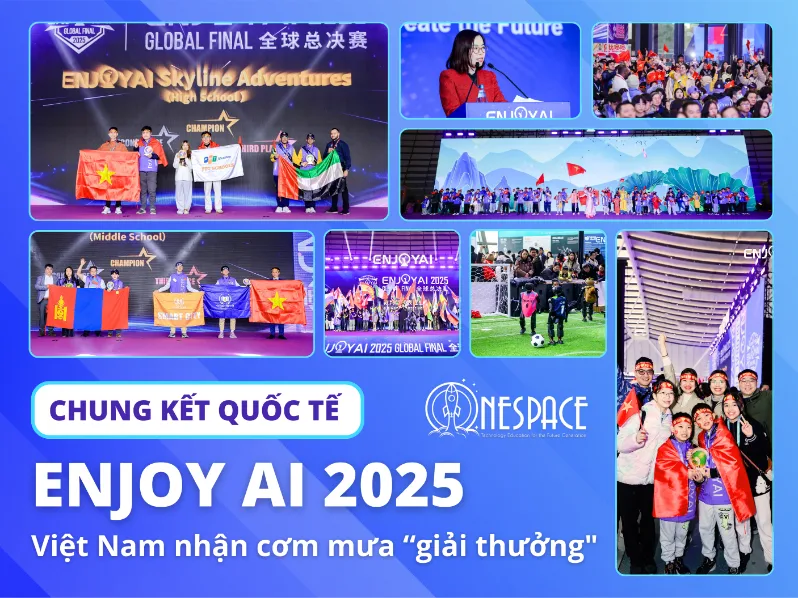Technology appears to bring unimaginable benefits, but if used improperly with children, it can also be a sharp double-edged weapon. The “addiction” to children’s mobile phones is now a pervasive issue that is getting worse. According to a survey by Common Sense Media, 53% of children aged 8 to 12 have their own computer and 24% have their own smartphone.
However, being born in the digital age, keeping children from using technology will make them more backward than their friends. How to effectively guide children in using technology without banning or stalking them. Let’s find out with OneSpace!
1. Should children have access to technology from an early age?
The period known as “digital era 4.0,” in which information technology is used in almost every industry, is upon us. Early exposure to technology will therefore help young people safeguard themselves from dangerous elements in the virtual world, have a clear sense of direction, and evaluate their suitability with the technology industry. Children become familiar with and pick up new information and skills through the process of being exposed to electronic devices. Knowledge of information technology will be the foundation for children to discover more interesting knowledge in all fields. Thanks to the guidance and facilitation of their parents, many children soon became fluent in popular programming languages, creating their own technology products for their own interests. This stimulates their creativity, logical thinking ability as well as the joy of exploring science and technology, building the confidence and bravery of young digital citizens. Early exposure to information technology is also crucial for providing children with the motivation and self-assurance they need to take on more difficult tasks.
2. How to help children access technology and programming effectively?
2.1. Limit the amount of time using technology devices each day
Children will develop positive habits if they are allowed to use technology at specific times of the day. Experts say that the appropriate amount of time for a child to be exposed to technology will vary based on their age. It’s essential to keep screens, including televisions, away from infants up to 18 months old.
Children between the ages of 2 and 5 may use a TV, computer, or smartphone, but no more than once per day for an hour. For kids over the age of 6, the gap will be extended to two hours. In addition, parents need to allocate reasonable time to their children’s sleep, learning activities, eating and exercising…!

2.2. Teach kids how to use the digital world for the correct reasons.
Tell your children that the Internet and other digital devices are a great source of knowledge and information for them to acquire. Spend some time explaining to your children the pros and cons of using media, including tablets, computers, and other devices. You should also encourage your children to ask questions and find helpful information online!
2.3. Prohibition is not a good solution
The information technology age is rapidly developing. Young children have access to cutting-edge technology from an early age; many youngsters as young as 4 or 5 are already proficient smartphone users. When faced with this circumstance, many parents decide to forbid or restrict their children’s use of technology. This, however, only has a short-term impact and quickly results in the child’s resistance.
However, the majority of kids have a defiant mindset, so the more they are forbidden from doing something, the more they want to play. They also cope with truancy, watching their parents, lying… to play when adults reprimand them. Another group of parents allow their kids to use it as they pleased, which resulted in game addiction and other negative effects.
Therefore, parents must have frank conversations with their kids about the risks associated with games and ways to help them control themselves, schedule study and play time effectively. Parents must then accompany their children when they act, reminding and pleading with them to follow the plan precisely.
2.4 Experience technology classes
Children today, unlike their parents, are raised in a technologically advanced environment. As a result, a lot of parents have tried to focus their kids’ education and technological expertise by enrolling them in courses in robotics, 3D modeling, game development, programming, and application development.
Understanding logic and science better through technology education will help you conquer it rather than becoming reliant on it. Children must therefore be encouraged to think critically from an early age in order to prevent future generations in Vietnam from becoming obsolete.
By enrolling in technology courses, children not only learn about technology instead of becoming addicted to games and technology, but they also lay a strong scientific and technological foundation for their future.

3. OneSpace – A place to help children access technology the right way
With the mission of bringing technology closer to Vietnamese children, OneSpace applies 21st century educational methods, developing programs based on attractive game-based methods integrated with modern technology platform to help children learn more. Students learn in a fun, focused and most effective way.
OneSpace wants to help address the issues surrounding the technological skills required in the 4.0 age for upcoming generations. We all use a personalized education approach; all lessons are adjusted to each student’s level and learning style. OneSpace is unique in that it is an online platform that makes teaching children programming simpler and more enjoyable than ever.
Students can study, review, and practice at any time, anywhere, thanks to the feature that permits 24/7 access. The platform also serves as a location for parents to monitor what their kids have learned and used outside of the classroom. Parents can readily see their children’s remarkable progress after taking a course at the same center, not only in using computers and programming tools but also in their capacity for logical and rational thought.
OneSpace wants to give students the essential 21st century skills they need to thrive in any future job path, including critical thinking, creative development, and idea presentation. OneSpace thinks that Vietnamese students should be educated to become future technology citizens s in order for them to succeed in the digital economy. Contact OneSpace now for more details!














